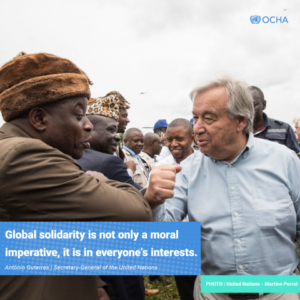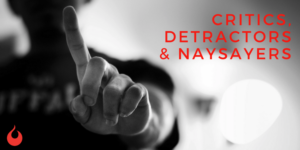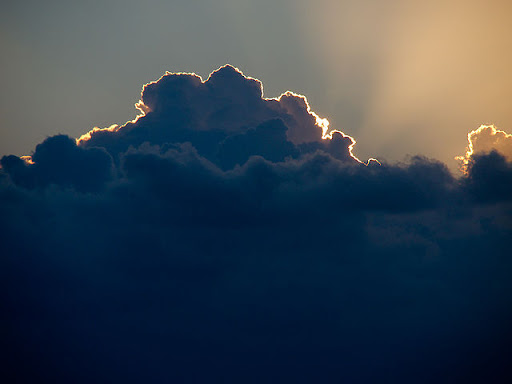[November 11 is Remembrance Day in Canada, and it’s not so far behind me that I’ve forgotten it already. Hurray for me! This being Covid Year and all, it was a slightly oddball experience but I cherished it all the same. Here’s a quick look-back.] [4-minute read]
[Oh, and over THERE in the “He Said/She Said” section is a short piece setting up a related quotation from the mighty Kurt Vonnegut, on why Armistice Day is just a better name for what his countrymen call “Veterans’ Day”. It’s a companion to this piece.]
She dragged me outside again on the 11th. (Let’s be dramatic – Bruce Cockburn sang it this way: You tore me out of myself, alive!) It was, to be precise, about ten minutes to the eleventh hour of the eleventh day of the eleventh month of this old year.¹ In Canada we call it Remembrance Day. Once upon a time, it was Armistice Day, honouring the moment when the guns of the Great War (when ‘great’ meant ‘ginormously large’ rather than ‘famously supercool’) stopped blasting in November of 1918. I was going to stay home, listen to CBC Radio’s Remembrance broadcast, but instead I went Outside. And, of course, my lovely Accompanist was right again.
¹ Yes, ‘Oct-‘ refers to ‘8’ and ‘Dec-‘ to ‘10’ and November was the ninth month of the ancient Roman calendar. And in 2020, it is the ninth month (at least in my part of the world) of what seems several years of Covid-19.
It doesn’t take me long to remember, Ah, right, moving. That’s a good thing. I like this body-working hypothesis. We walked, my bride and I, who tends to think that sacred acts are better done with other humans. It was only a few blocks to a little patch of green, a corner lot that developers didn’t get; it’s been preserved not only for kids to swing and play, or for elders and others to perch on a maple-leafy bench and watch the world go by for awhile (or to monitor their likes). No, the Riverside Memorial Park, though tiny, is a local monument to the neighbourhood fallen and to all the veterans from our corner of the capital.
We were around 20 souls, two city councillors and a greying crew of neighbourhoodies. It turned out that for the ceremony, we listened, around a memorial stone be-wreathed and poppified, to a Bluetooth speaker that transmitted the CBC Radio broadcast. Public radio, indeed! It felt odd and tinny at first but then suddenly was Actually Just Fine, Thank You! And I remembered these things, all in a serried line:
- How grateful I am for a solo bugle and the Last Post. I loved hearing it live, some years, during my high school’s 11 am Remembrance Day program. It was often some old fella in an ill-fitting uniform that probably brought bemusement to some students, eye-rolls for a few, until he started blowing that horn. Chokes me up without fail, even via Bluetooth at the corner of Queen Mary and North River as the bus goes by.
- That repeated short last line of a poetic verse that most of us – the older ones, anyway – have more or less to heart in Canada; it’s so powerful. There’s not much militarism here on November 11, but rather a widespread attitude of “never again!” and “consider what we’ve lost” and “let’s pray for peace”. I fiercely muttered, along with my handful of fellow Rememberers, the fervent echo, “We will remember them.” They shall grow not old, as we that are left grow old: / Age shall not weary them, nor the years condemn. / At the going down of the sun and in the morning / We will remember them.
(Every Remembrance Day ceremony in “America’s attic” now includes this fourth verse of seven in Laurence Binyon’s “For the Fallen”, written in 1914. It’s called “the act of Remembrance”, and is a reminder that there are also some fine things about the post-colonial British heritage in this here Canada. We will remember them. “Nous nous souviendrons d’eux.” And I remembered other things, too, as the prayers and tributes went on:)






